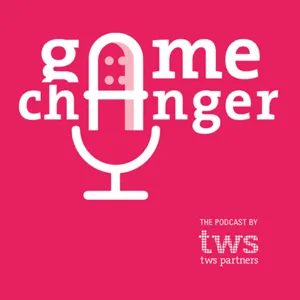AI and Regulation: Finding the Sweet Spot for Consumer Welfare | with Keith Chan

Join us in this episode as we explore the rise of AI technology and the complex decisions that policy makers are facing regarding the protection of privacy and fostering of innovation. Our guest Keith sheds light on how moderately loosening regulations in a competitive market environment may maximize consumer welfare. However, we also discuss how some countries, such as Russia, strongly deviate from this strategy, indicating that consumer welfare may not be their top priority.
Keith Chan is Assistant Professor at the Hong Kong University of Science and Technology, where his research is centered on Microeconomics, Environmental Economics and Sustainable and Green Finance.
You can find his paper on the tradeoff between regulations and innovation for AI here.